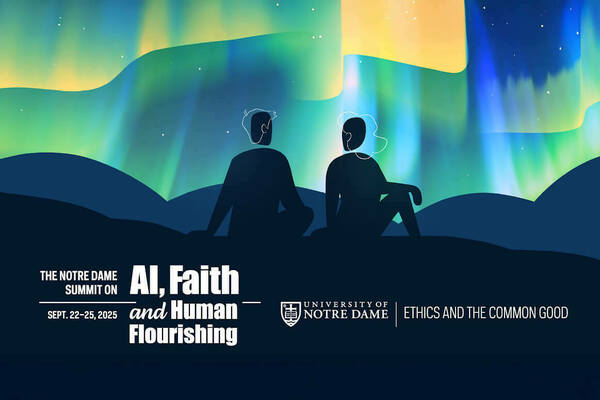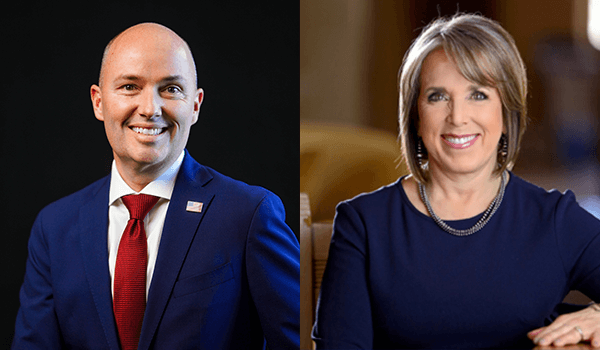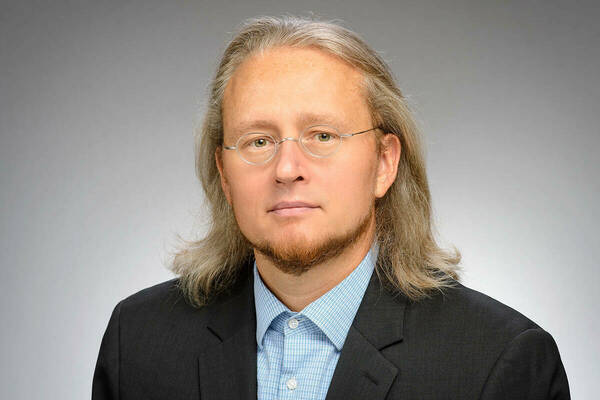Notre Dame’s theology department ranked best in the world
The University of Notre Dame has been ranked as the world’s best theology, divinity, and religious studies program by the influential QS World University Rankings. This is the fourth time since 2020 the Department of Theology has received the No. 1 distinction.
The ranking is based on academic reputation, employer reputation and research impact. Out of 150 universities, Notre Dame rose to the top with an overall score of 93.4 — ahead of Harvard University, the University of Oxford, the University of Cambridge and Duke University.
“The key to our top ranking consistency is the combination of our rootedness in the whole historical breadth of the Christian intellectual tradition and our openness to engagement with contemporary culture and present-day concerns,” said Rev. Khaled Anatolios, the John A. O’Brien Professor of Theology and chair of the department.
Guided by the ideal of “faith seeking understanding,” the department has six principal areas of research — moral theology, history of Christianity, liturgy, biblical studies, systematic theology, and world religions and world church.
In addition to offering a doctorate and four master’s degree programs, Notre Dame’s theology department maintains a strong commitment to undergraduate education through more than 800 students who major or minor in theology and in the courses all Notre Dame students take as part of the University’s Core Curriculum.
“The true sign that we are authentically a great department,” Anatolios said, “is our zeal to become even better."
Originally published by at al.nd.edu on April 08, 2025.
Latest ND NewsWire
- Banks that identify fraudsters increase loyalty, retain more defrauded customers than others who never were compromisedIn a new research study, Vamsi Kanuri, the Viola D. Hank Associate Professor of Marketing at the University of Notre Dame’s Mendoza College of Business, found that banks that identify fraudsters earn customer loyalty and lose customers if they can’t say who was responsible for a fraudulent transaction.
- Notre Dame to host summit on AI, faith and human flourishing, introducing new DELTA frameworkThe Institute for Ethics and the Common Good and the Notre Dame Ethics Initiative will host the Notre Dame Summit on AI, Faith and Human Flourishing on the University’s campus from Monday, Sept. 22 through Thursday, Sept. 25. This event will draw together a dynamic, ecumenical group of educators, faith leaders, technologists, journalists, policymakers and young people who believe in the enduring relevance of Christian ethical thought in a world of powerful AI.
- Notre Dame Democracy Initiative hosts bipartisan conversation with Western state governorsTwo Western state governors known to work across the aisle on policy issues such as water, housing and energy will visit the University of Notre Dame for a fireside chat about how Western state pragmatism can serve as a model for the country to overcome polarization.
- In new research, Roy Scranton explores climate change and the limits of human progressIn his most recent book, “Impasse: Climate Change and the Limits of Progress,” Scranton, an associate professor of English, defines the impasse he sees as “not only political and institutional, but cognitive, existential and narrative” and asserts that the only path forward is through embracing what he terms ethical pessimism. “A lot of people confuse pessimism with nihilism, apathy and despair,” Scranton said. “But pessimism is actually about recognizing our limits, letting go of unrealistic goals, finding solidarity in the fact of human suffering and doing what you can now, not in some utopian future.
- Notre Dame MBA launches deferred admission programThe Notre Dame MBA Deferred Admission Program allows candidates with little or no work experience, including college seniors, to secure admission before reaching the recommended three years of work experience to enroll.
- ‘Prebunking’ false election claims may boost trust in electionsIn recent years, democracies worldwide have seen a growing erosion of trust in election outcomes and institutions, driven in part by fears of widespread fraud. New Notre Dame research finds that “prebunking” — providing accurate information before false claims spread — boosts trust in elections more effectively than traditional fact-checking.













